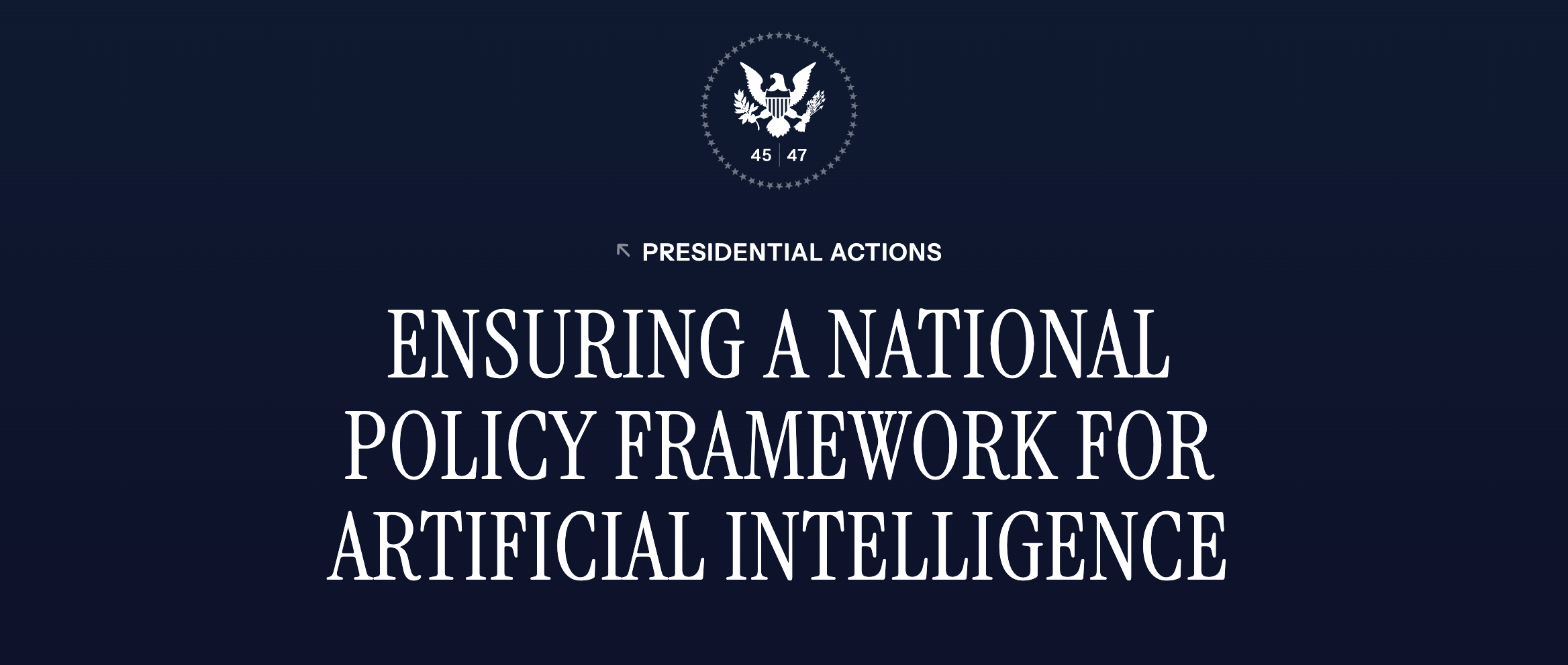If there’s one area where Britain can benefit from better post-Brexit regulation, it’s pulling ourselves away from blanket bans on chemicals that are critical to making the modern world cleaner, cheaper and faster.
PFAS, or Poly- and perfluoroalkyl substances, are a group of over 4,700 individual chemicals, each with specific purposes, that are fundamental to our technologically advanced civilisation. In the medical sector, PFAS are crucial to catheter tubes, stent grafts (used to repair heart damage and heart attacks), and in the anti-viral robes that medical professionals use. Meanwhile, in the fight against climate change, PFAS have been of great importance to sustainability entrepreneurs. Without PFAS, lithium-ion batteries (the key ingredient in electric cars) would be uneconomical and impractical. The gold in catalytic converters, which efficiently catalyses diesel and petrol pollution, is extracted with PFAS products for higher yields, making a reduction in pollution much more effective. Whether it’s heart-stents, fire-protection equipment or fibre-optic cables, PFAS are instrumental in the production of many consumer products.
These chemicals are not, however, without controversy. Multiple, multi-million-dollar lawsuits have resulted from these hardy and resistant substances infecting the environment and entering our bodies. PFAS, when present in water, food, or livestock, can pose a devastating threat to life and health.
However, that does not mean there should be a cross-substance ban on all PFAS, as is being called for by some activists. After all, there are dozens of technologies and processes which have been proven to effectively treat PFAS contamination before it poses a real threat to the environment or human health.
It’s a question that’s particularly relevant to the UK at the moment. In March of this year, the Government launched their flagship chemicals regulatory regime; UK Registration, Evaluation, Authorisation, & restriction of CHemicals (UK REACH), which has committed to investigating whether a ban for all PFAS substances is suitable. Rebecca Pow, the Parliamentary Under-Secretary for the Department of Food, Rural Affairs, and Agriculture has indicated she supports treating all PFAS as a group, rather than on a case-by-case basis. This is a mistake. Chemical regulation is a matter of risk management and mitigation – something that, in our increasingly centralised and planned economy, does not seem to wash with Whitehall.
Activist groups, like Fidra, call for a total ban on PFAS. Would this solve the pollution problem? Not necessarily. Canada, for example, does not produce any PFAS at all, but that just means it relies on imports when it needs these vital chemicals.
The EU has been keen to promote the removal of PFAS through a movement towards zero-pollutant materials. Whilst an honourable initiative, banning PFAS altogether would be the wrong move.
Instead, by encouraging manufacturers to innovate through tax-free R&D research and other smart incentives, Britain can lead the way in protecting our superior technological products and making the environment safer for us all. Brexit allows for greater diligence in our regulatory sphere, providing us with the opportunity to pursue sensible, risk-conscious regulations.
A ban on PFAS would be a set-back not jut in the fight against Covid, but also climate change and so many other areas of human progress. Indeed, it would be no less than an act of national self-harm – it must not be allowed to happen.
Originally published here




